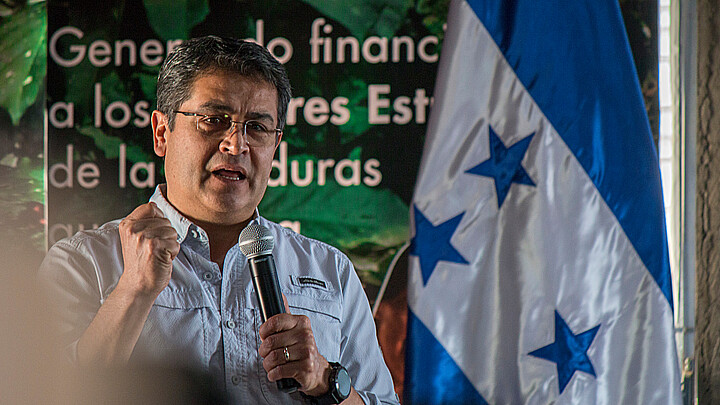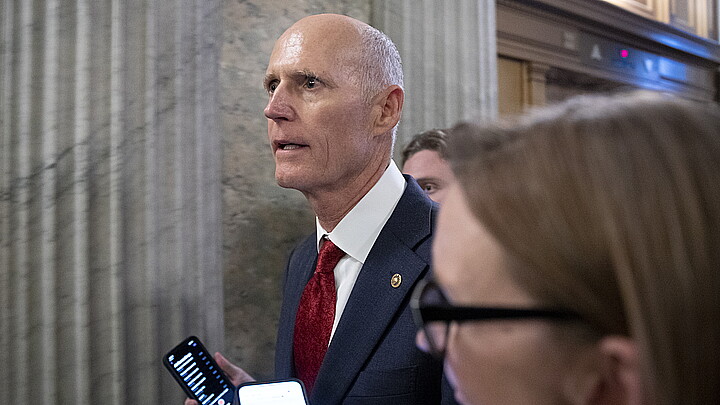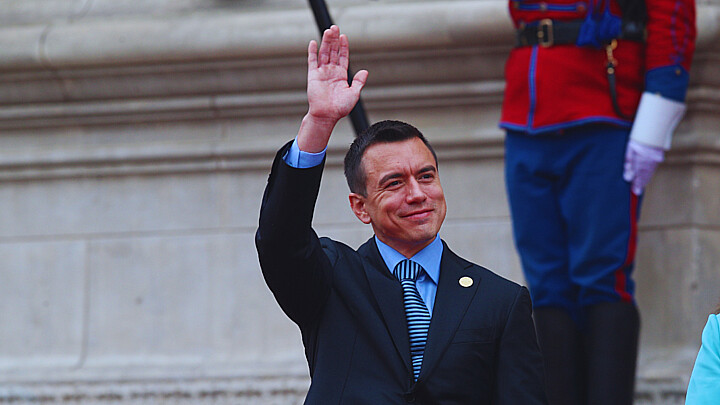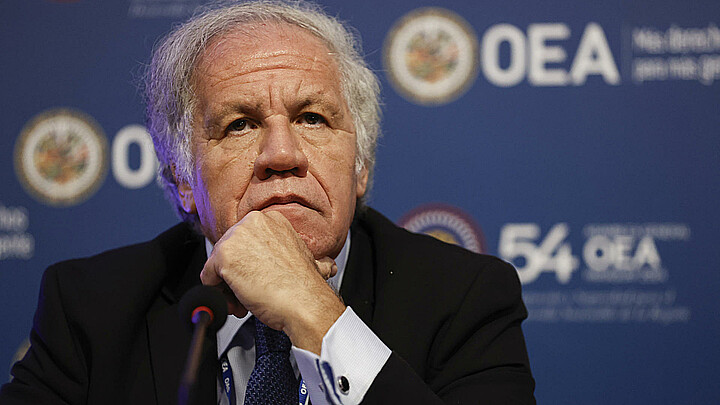Politics
U.S. "working to prevent" Russian forces from operating in Latin America
“We, as a hemisphere, do not accept provocations,” State Department Assistant Secretary Brian Nichols told the House Foreign Affairs Committee. “And those types of prodding by forces from outside our hemisphere are unacceptable"
February 4, 2022 2:36pm
Updated: February 5, 2022 4:14pm
The Biden administration is “working to prevent” Russia from establishing military bases in Latin America as the crisis in Ukraine has led the Kremlin to bolster ties with anti-American forces in the region.
“We, as a hemisphere, do not accept provocations,” State Department Assistant Secretary Brian Nichols told the House Foreign Affairs Committee. “And those types of prodding by forces from outside our hemisphere are unacceptable.”
Russian Deputy Foreign Minister Sergei Ryabkov said earlier this month that he could “neither confirm nor exclude” the possibility of Russia sending forces to Cuba and Venezuela if a diplomatic agreement over Ukraine is not reached.
And while the Biden administration has characterized Ryabkov’s statement as mere “bluster,” Nichols has acknowledged that the government is not ignoring the threat.
“While I hesitate to respond to every instance of Russian bluster, let me be clear that efforts to destabilize our hemisphere or to inject a conflict from Ukraine to the Western Hemisphere is unacceptable,” he noted. “And we will work with our partners throughout the hemisphere to prevent that.”
Although the exchange focused most specifically on Cuba, Venezuela, and Nicaragua, the United States must also focus on other Latin American countries who are willing to welcome Russia into the hemisphere.
Yesterday, for example, Putin hosted Argentina’s left-wing President Alberto Fernandez, who told him, “I believe that Argentina could become Russia’s gateway to Latin America to a certain extent.”
“We could be a venue for the development of your cooperation with Latin American nations,” he added.
Fernandez, who will meet with Chinese General Secretary Xi Jinping this week at the Beijing Winter Olympics, also expressed to Putin his desire to distance Buenos Aires from both Washington and the IMF – hoping instead to forge ties with new strategic partners.
“Since the 1990s, Argentina has been strongly oriented towards the United States,” he said. "At first, when our party was in power from 2003 to 2015, we tried hard to get rid of this dependence on the U.S. ... I am consistently working to rid Argentina of this dependence on the IMF and the U.S. I want Argentina to open up new opportunities. Cooperation with Russia is vital for us.”










